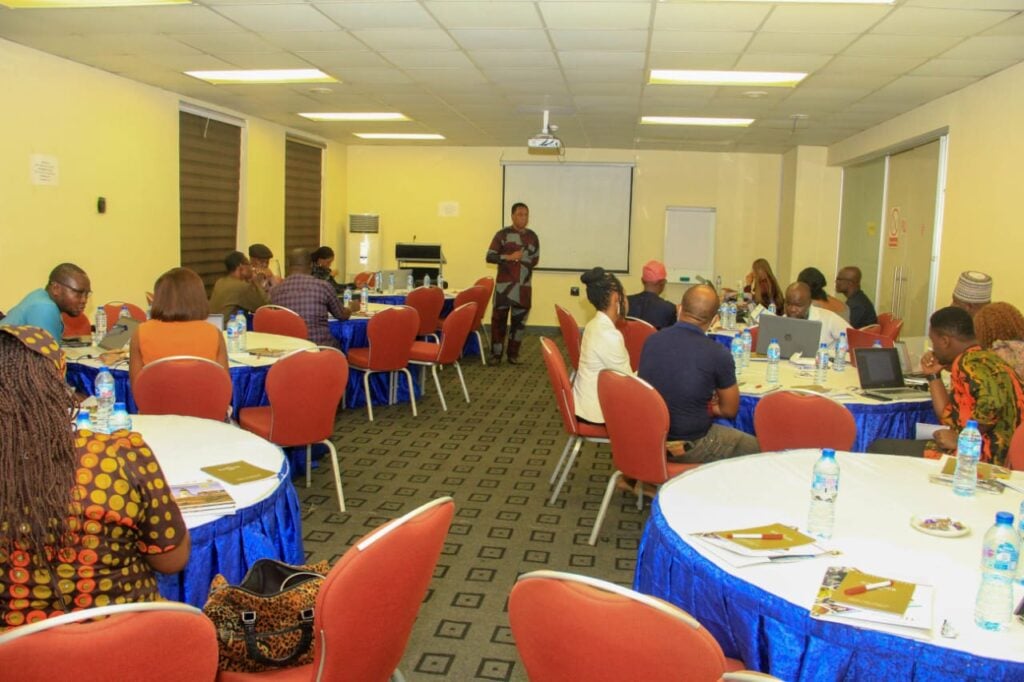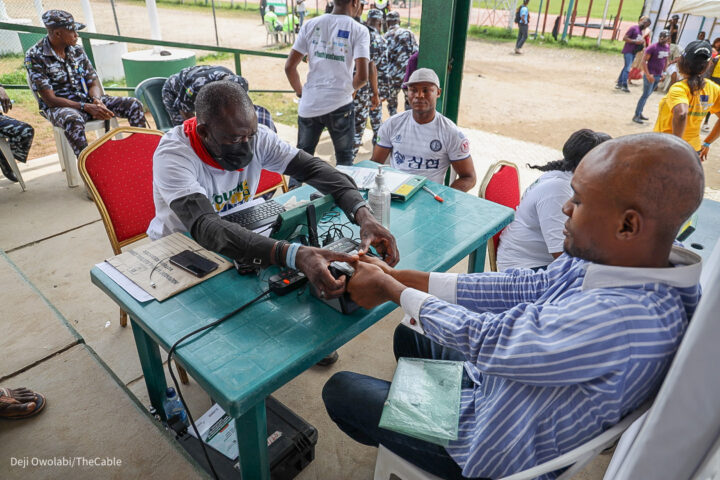Stakeholders in the trans fat free sector have called for better policies against trans fat in Nigerian foods.
This position was canvassed at a one-day supplementary information gathering workshop organised by the trans fat free Nigeria coalition, led by the Network for Health Equity and Development (NHED).
The project, which was a mapping exercise of partially hydrogenated oils (PHO) in Nigeria, began in late 2021.
Trans fat is a type of dietary fat and too much of in the diet increases the risk of heart disease and other health problems.
Advertisement
Trans fat is common in baked goods, fries, pre-packaged foods, and cooking oils.
Speaking at the workshop, Jerome Mafeni, technical adviser for the trans fat-free Nigeria campaign at NHED, said local, regional and multinational players are not completely moved to non-PHO because it “requires the move from a liquid oil supply chain to an additional (semi-solid) palm oil-based supply chain”.
“Knowledge to build and use factories may be lacking. Ability to use cheapest and local oils can give PHO a cost advantage. Local regulations do not yet make non-PHO compulsory,” he said.
Advertisement
Mafeni called on industry players to remove trans fat from locally-produced foods, adding that “there has been too much unnecessary loss of lives in Nigeria recently”.
“We should not add to this list for something so readily preventable. The big companies have removed TFAs from their products. Now is the turn of the MSMEs,” he said.
Explaining the preliminary findings on PHO mapping in Nigeria, Benson Olubodun, coordinator of research matrix limited, highlighted some difficulties associated with industry players.
“For the local manufacturing and production of PHO, we identified six probable manufacturers. However, due to insufficient disclosure of information, the information gathered so far was incomplete/inconclusive to determine the exact number of local PHO manufacturers or producers,” Olubodun said.
Advertisement
“For importers, a list of importers of hydrogenated oil was sourced from NAFDAC, but the list did not make the distinction between partially or fully hydrogenated oils. However, inability to conduct interviews with importers or those knowledgeable on PHO importing, prevents us from making any conclusive statement or acquire an accurate knowledge on the PHO market in Nigeria and how much imports contribute to the supply of PHO in Nigeria.
“As gleaned from desk research, a report on the global PHO market by persistence market research posits that Nigeria’s market for PHO is estimated to be the biggest in Africa, with an estimated market volume of 229,000MT in 2017 (roughly 8.5% of Africa’s total PHO market volume).”

Add a comment






